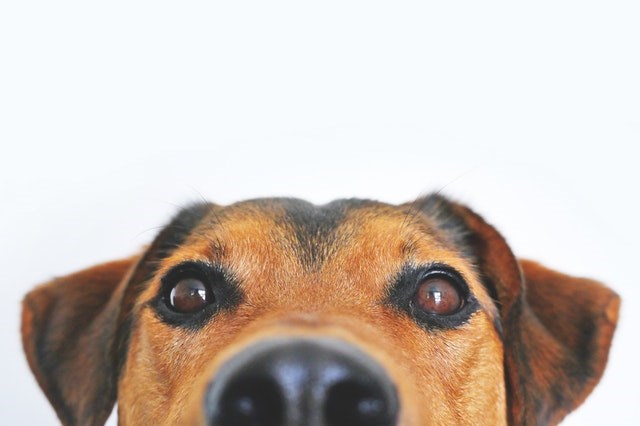
Janet Jones | Special to the 51°µÍø
In these trying and fast changing times I thought it would be helpful to inform readers on coronavirus and pets.
There are many coronaviruses that occur in animals including dogs and cats. They can cause respiratory or gastrointestinal signs and are one of the viruses that can jump from animals to humans as occurred in SARS and MERS.
Authorities believe that COVID-19 originated in wild animals and made the leap to humans but also believe that domestic animals are not a reservoir of infection and that it cannot be transmitted from pets to humans.
In February there was a Pomeranian in Hong Kong who tested a weak positive for COVID-19. The owner also tested positive and specialists believe that the virus went from human to animal. The dog showed no clinical signs and tested negative after a period of quarantine.
A second dog in Hong Kong has since tested positive and, again, has an owner who tested positive. That animal is still in quarantine.
There have been no cases in which the virus was passed from pet to owner and authorities do not think it is possible.
The World Organization for Animal Health, Centres for Disease Control and World Health Organization all agree that there is no evidence that pets can become ill from or transmit the virus.
Furthermore, as of March 13, 2020 the veterinary testing service IDEXX had tested thousands of dogs and cats during their validation for the new COVID-19 and found no positives.
In short, your pet is not a source of infection.
That does not mean that there is absolutely no risk from your pet.
Pets, like door handles or counters, can be a fomite. A fomite is a surface on which the virus can deposited and then can infect the next person to touch that surface.
Fur or clothing are not as effective a fomite as smooth surfaces as they absorb the virus and there is less available to be picked up, but it is still possible.
If someone who is infected sneezes or wipes their nose and then touches there pet or buries their face in the pets fur (as we all like to do on occasion), the virus can be deposited on the pets fur and then the next person to touch that pet (or bury their face in its fur), could get contaminated.
So, if you are sick, do not touch your pet or at least wash your hands before you do and make sure others do not come into close contact with them. Even better, have someone else look after your pet.
Those of us who are not sick should avoid touching pets who are not ours – in short practice social distancing for animals as you would for people. The risk is very small but not zero.
On a technical note, please be assured that we at the Jasper Veterinary Clinic are here to help you and your pet but we are limiting routine appointments and practicing social distancing. If you have any questions about your pet’s health, please call and we will determine the best course of action.
This is an unprecedented challenge for Jasper, Canada and the world. Everyone needs to do their part and help each other so we can make it through this difficult time. The threat is real so take it seriously and follow the recommendations of authorities in order to save lives and limit the long term impact on our economy, our lives and our world.
Dr Janet Jones DVM is the owner of the Jasper Veterinary Clinic, a full service clinic with a satellite clinic in Valemount, British Columbia. Call 780-852-5551.



